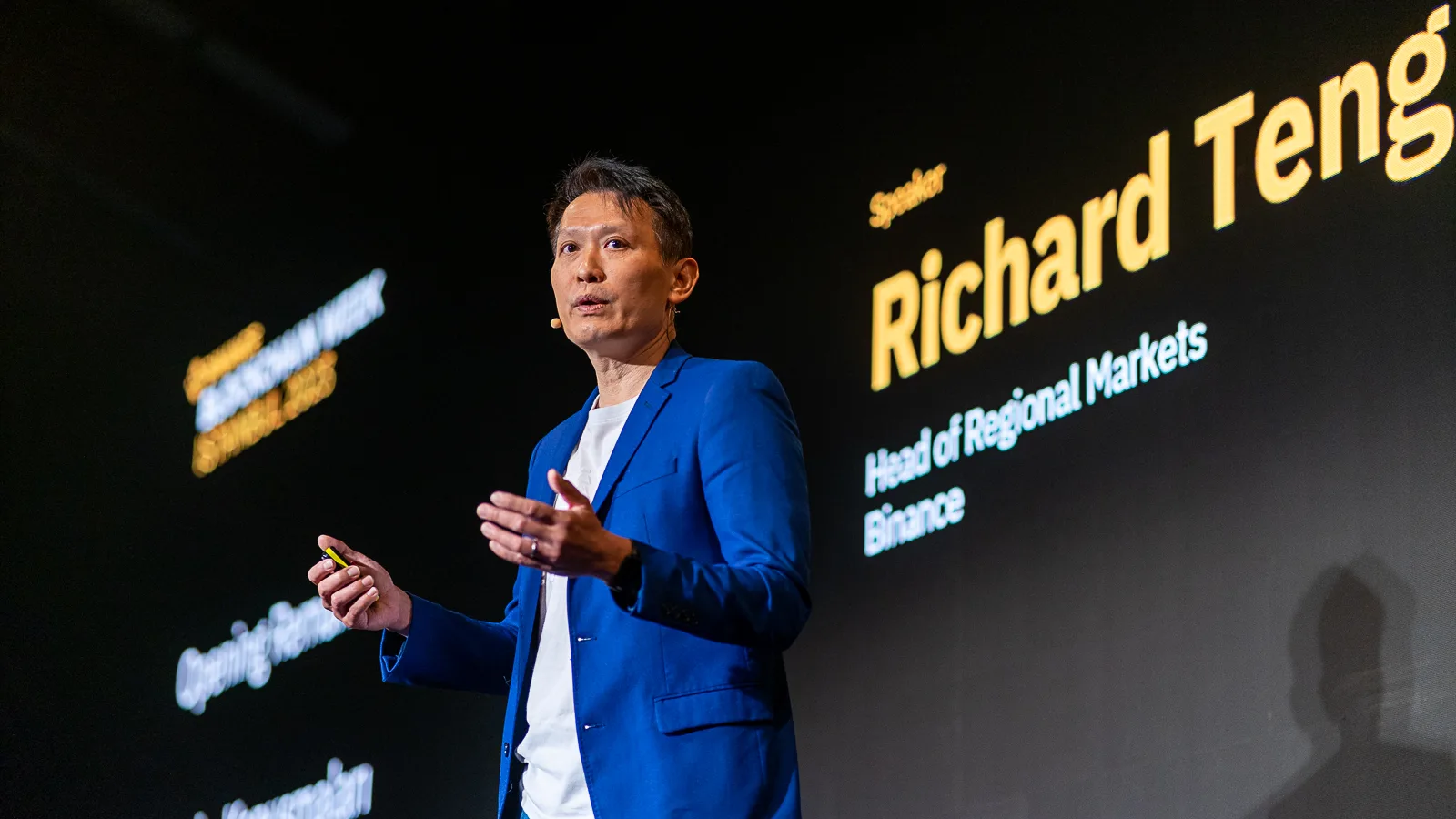 tag. I will read and comprehend the original text, and then rewrite it in a completely different style while ensuring the core message and viewpoint remain intact. The rewritten content will be highly original and include any pictures from the original text.
tag. I will read and comprehend the original text, and then rewrite it in a completely different style while ensuring the core message and viewpoint remain intact. The rewritten content will be highly original and include any pictures from the original text.
Unlocking the Power of Decentralized AI with Tether’s Qvac Platform
In a groundbreaking move towards universal accessibility to generative artificial intelligence, Tether has unveiled Qvac, a revolutionary decentralized AI development platform. The crypto company, known for its flagship stablecoin Usdt, is set to transform the way millions of people interact with chatbots and algorithms, marking a significant step towards democratizing data.
CEO Paolo Ardoino, speaking at the AI Week in Milan, envisions a future where the Personal Infinite Intelligence, as envisioned by Isaac Asimov, becomes a reality – an AI technology that coexists with humans within social interactions, breaking free from the confines of a select few and becoming an integral part of the universe.
Introducing Qvac: Tether’s AI Platform
Qvac, QuantumVerse Automatic Computer, is a platform for developing scalable AI applications and agents directly on users’ local devices, such as smartphones, computers, and even Brain Computer Interfaces. The central focus lies on combining maximum computational power with privacy and total autonomy.
Developers utilizing Tether’s AI platform will be able to create efficient and versatile apps and AI agents that can run on various hardware, regardless of network capabilities or operating systems. This decentralized ecosystem promises utmost security and a staunch protection of user privacy and personal data. Ardoino emphasizes a new era of personal sovereignty, where control lies solely in the hands of consumers.
Practical Applications of Open AI
The modular structure of Qvac enables flexibility and scalability, allowing developers to build applications with small, interchangeable components. Tether describes this innovation as infinite intelligence swarm, a decentralized network of intelligent agents that continually evolve and serve users. The peer-to-peer networking model facilitates device-to-device communication, eliminating the need for a centralized server and reducing the risk of centralized attacks.
Tether has unveiled two initial applications showcasing the practical use of this ecosystem. Qvac/Health, a fitness tracker, securely stores sensitive user data locally without external control. Qvac/Translate offers instant translation and transcription of text, documents, images, and audio directly on the user’s device, without any cloud connection.
Lastly, Wdk (Wallet Development Kit) provides a native payment platform where AI agents can conduct transactions in Usdt and Bitcoin independently, without central mediation. Wdk is set to support various digital assets, offering a versatile payment solution within the ecosystem.










